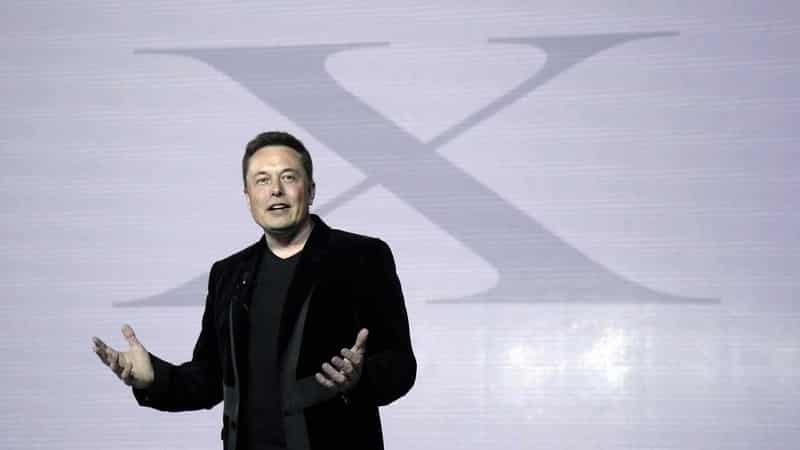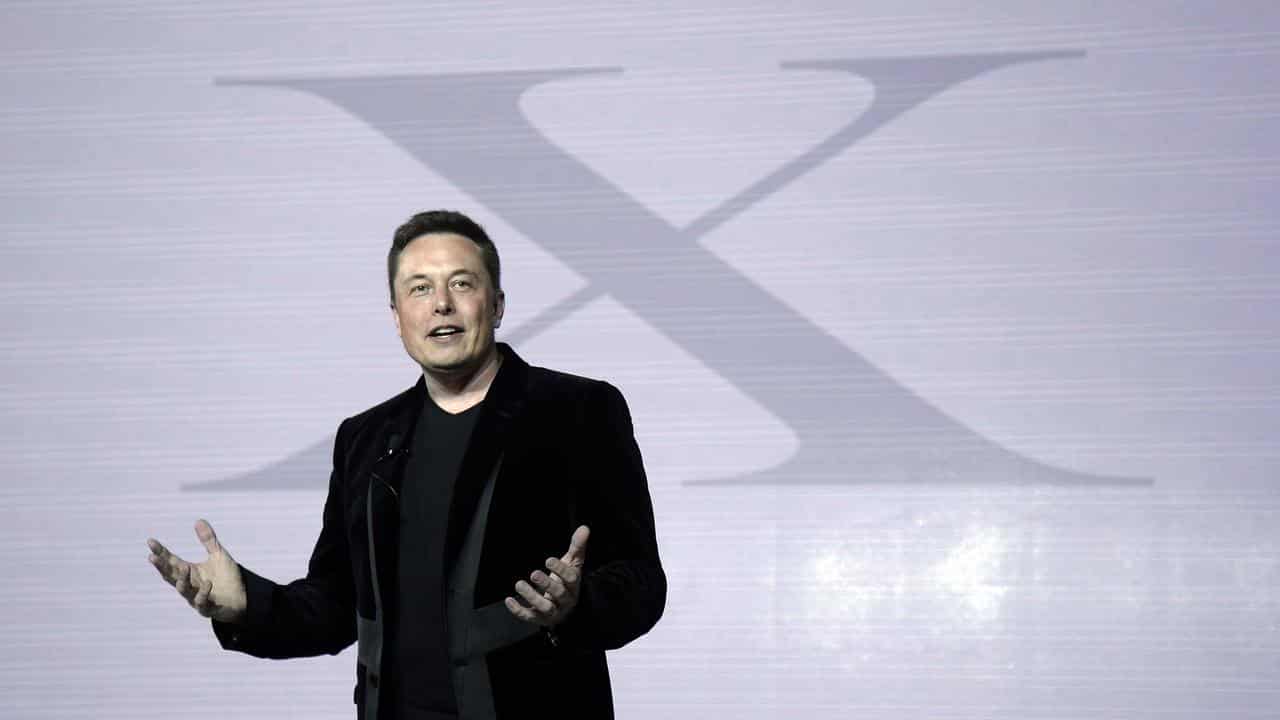
The eSafety Commissioner has criticised an "illusory" claim by Elon Musk's X that the social media platform's refusal to take down clips of a Sydney bishop being violently stabbed was in the name of free speech.
The internet watchdog has sued X Corporation in the Federal Court after clips of Bishop Mar Mari Emmanuel being attacked during a live-streamed sermon on April 15 remained on the platform for Australian users to see.
The attack led to violent riots outside the Christ the Good Shepherd church in Wakeley and a 16-year-old boy being charged with a terrorism offence.
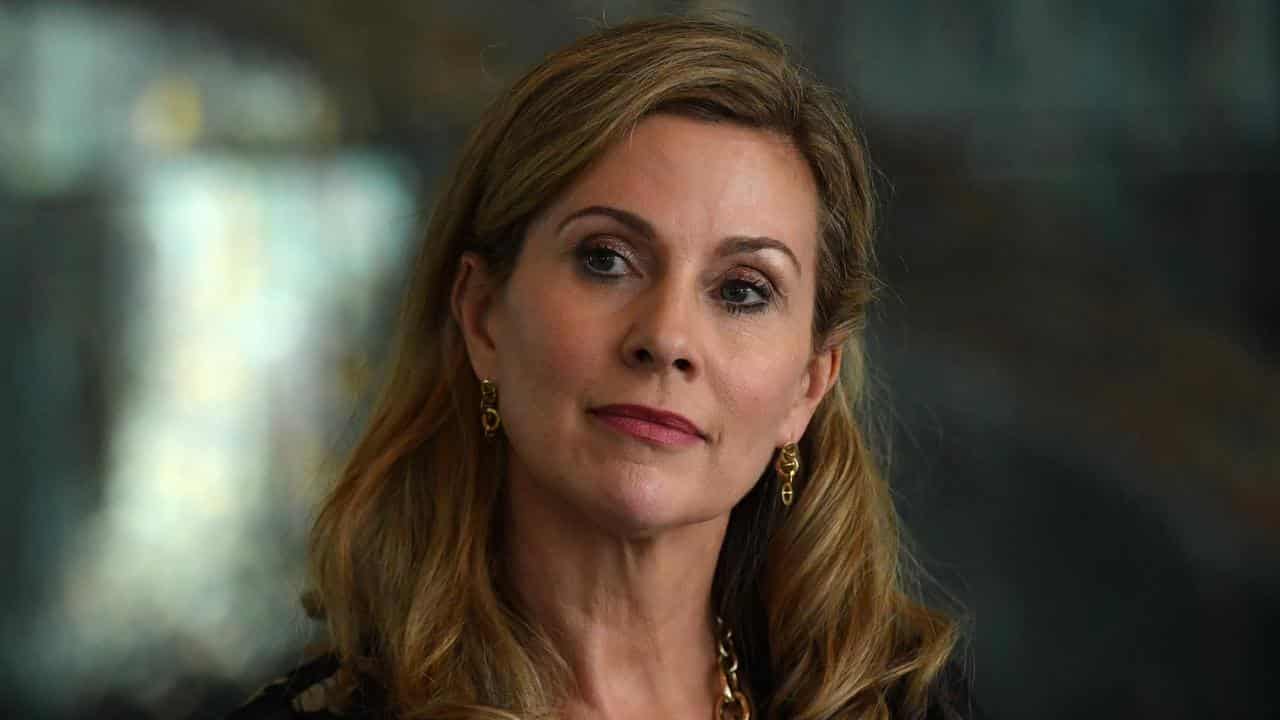
On Friday, the commissioner's barrister Tim Begbie KC said X, previously known as Twitter, had claimed its free speech policy meant the "posts must continue to flow".
"The fact is that that stance is in large measure illusory," he told Justice Geoffrey Kennett.
X's own policies permitted the platform to take down posts globally and it had done so when it wanted, Mr Begbie said.
"It really doesn't lie well in X’s mouth to say we’re a platform of ultimate free speech and we stand against global removal," he argued.
Swiftly after the attack, the commissioner sent a notice to X ordering the platform to take all reasonable steps to remove the stabbing video.
While the company blocked Australian users from viewing the clip, those who used virtual private networks (VPN) could circumvent this measure and view the material, the Federal Court was told.
"(The company's) real position is this - X says that reasonable means what X wants it to mean," he said.
"Global removal is reasonable when X does it because X wants to do it, but it becomes unreasonable when X is told to do it by the laws of Australia.”
The commissioner is seeking a temporary injunction ordering X to block 65 websites containing the clip at least until Justice Kennett oversees a final hearing to determine whether the social media platform breached any laws.
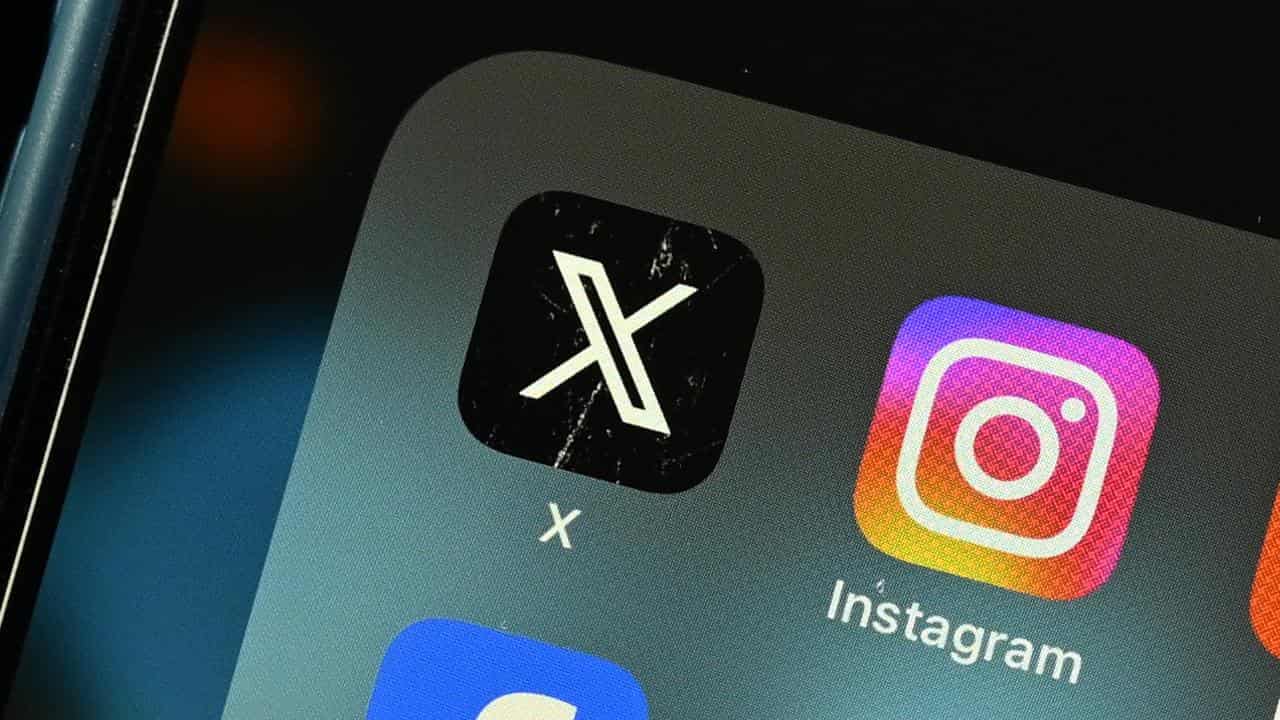
Mr Begbie said his client did not seek to take down video footage up until the moment of the stabbing or posts discussing the incident.
Rather, the commissioner was only looking to block the "graphic few seconds" of the bishop being repeatedly stabbed in the head and people screaming in the church.
Staff at the eSafety Commissioner had been able to get around X's geo-block quite easily and watch the violent video, including through a child's social media account, the court was told.
"To say that the geo-blocking system has holes in it as a way of stopping any end user in Australia accessing those URLs is a profound understatement," he said.
Representing X, barrister Bret Walker SC said the commissioner's notice was invalid and that any current restraint over his client on posting the clip should be removed.
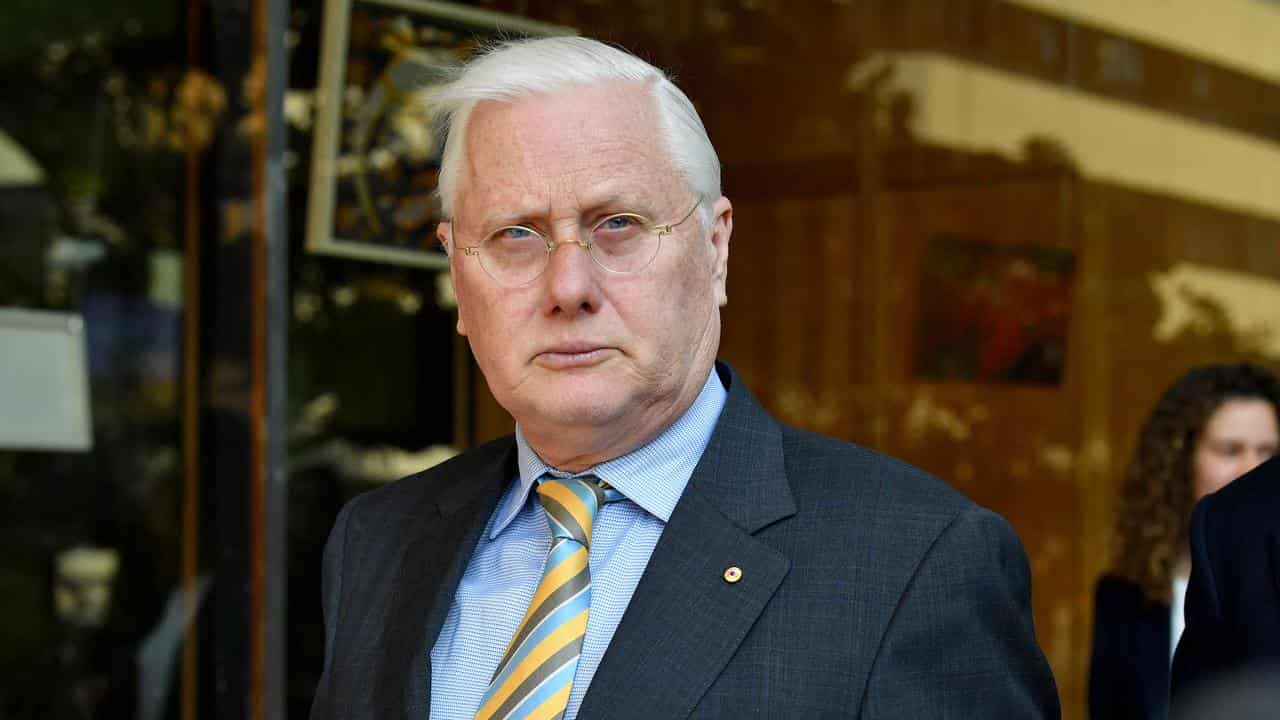
While video advocating terrorism or showing gratuitous, exploitative violence could be removed from social media platforms by order of the commissioner, the stabbing clip did not fall into those categories, he said.
The footage was also not a "detailed instruction or promotion" of crime or violence which should be taken down, Mr Walker said.
He said that the notice itself was invalid because the delegate had taken into account irrelevant statements by NSW Premier Chris Minns and the NSW Police Commissioner Karen Webb that the stabbing was a terrorist incident.
The delegate had also failed to consider lawfully required provisions of a code or guidelines relating to the classification of material.
"When one then comes to look at the statement of reasons (by the delegate) Your Honour should have very, very considerable misgiving," Mr Walker said.
X had already taken all reasonable steps it could to block the clip from Australian viewers short of removing the footage from everyone globally, he argued.
The idea that everyone around the world should be barred from the material because of a lawsuit in Australia was astonishing and startling, Mr Walker said.
Justice Kennett will deliver his decision on Monday.
